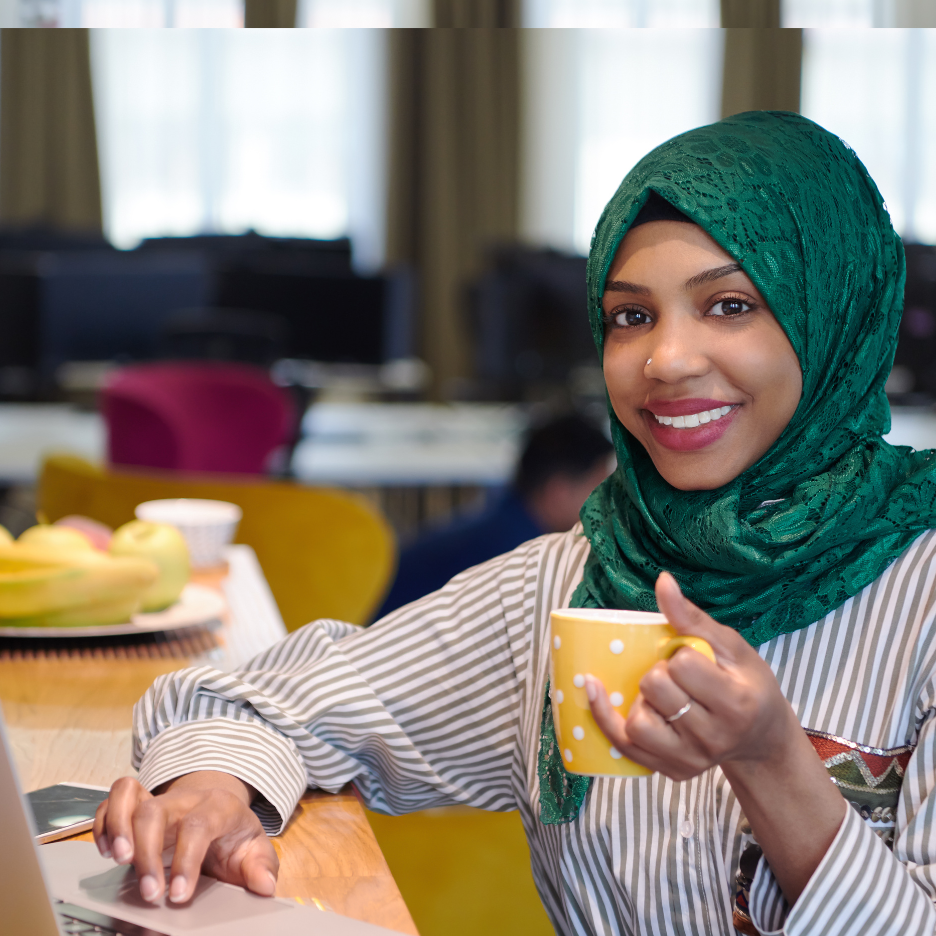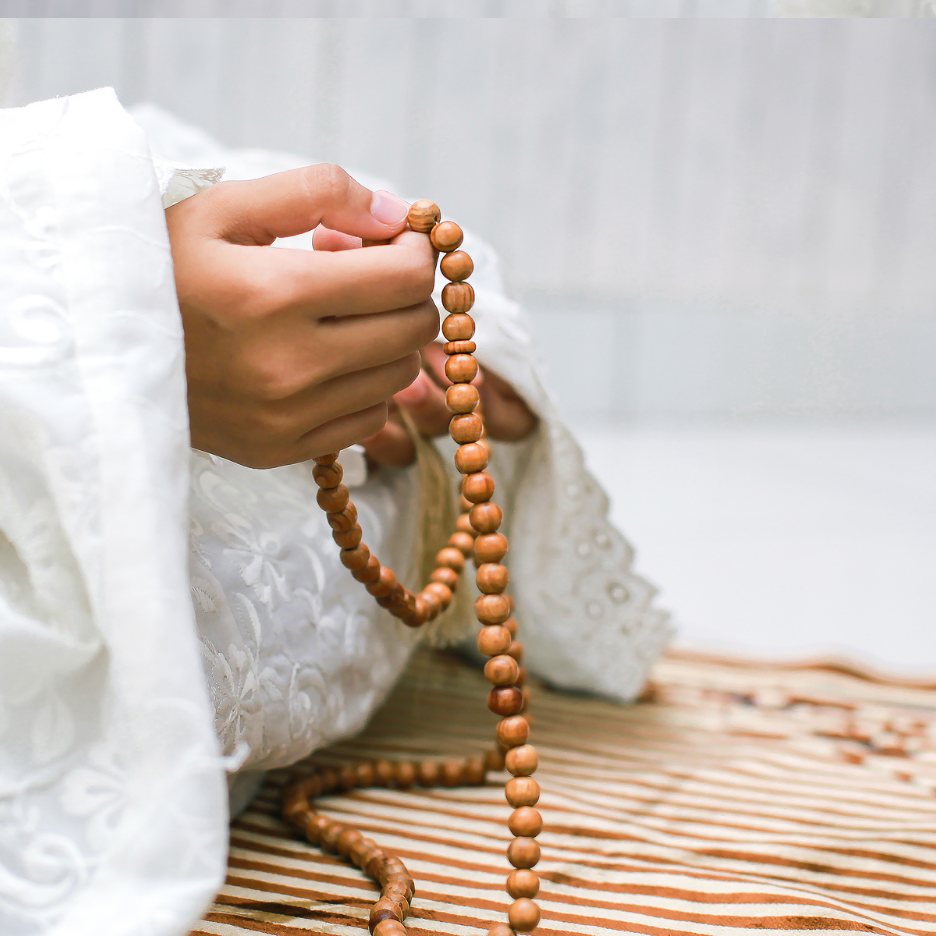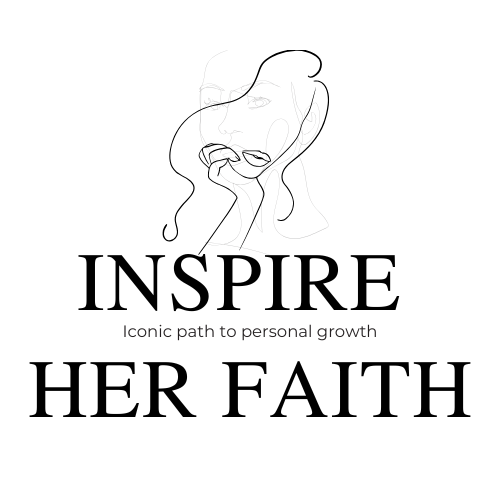In a world where conformity often feels like the easiest path, embracing your true self is an act of courage. The journey to unapologetically being yourself, without fear or embarrassment, is one that every individual should strive to reach. This path isn’t about seeking approval, it’s about living authentically, appreciating the lessons life offers, and standing firm in your beliefs and values.

This post is about how to level up to your true self being unapologetic on the journey. You will find knowledge about how to embrace who you are with class.
Understanding Your Own Strengths
It’s essential to recognize and appreciate your strengths. Modesty is a virtue, but it should never be mistaken for weakness. It’s possible to be humble and yet fully aware of your own worth. When you live your life according to your own principles—free from the fear of judgment—there’s a powerful freedom that comes with it.
You have the right as a Muslim to define what modesty means to you, whether that aligns with cultural expectations or not. However, a Muslim shall always remain modest and humble regardless of what they have achieved in this life. When you appear to people a little bit less than your reality, you are being humble. Embracing who you truly are does not mean you should boast and appear more than what your reality is. Doing such can lead to arrogance.
For many women, particularly those in cultural or religious communities, there can be pressure to uphold to specific standards or roles. However, it’s important to remember that self-worth is not dictated by external expectations. You have the right to live your life as it fits you, without shame or fear of judgement. Whether that is to pursue your dreams rather than working a 9-5 job, or moving out of your parents house as an adult. Being a person of faith doesn’t mean adhering to societal norms that don’t resonate with your true self nor your beliefs as a Muslim.
Some Muslim countries care more about reputation and their cultural standards, rather than what Islam truly is. This is unfortunately common, so don´t forget that Allah sees all and hear everything.
Navigating the Challenges of Patriarchy
Living in a patriarchal society often means confronting double standards and unjust treatment. For women, this can manifest in many ways, from the expectations placed upon us in everyday life to the broader societal norms that prioritize men’s comfort and authority. These challenges are not just frustrating; they’re deeply ingrained in cultural practices that have persisted for generations.
However, significant progress has been made in women’s rights after the Me-too movement in 2006 (that was about time). All credit to the strong women paving the way particularly since the movements of the 1960s and 1970s. Yet, there’s still much work to be done. Understanding that men often hold power simply because of their gender is crucial, but it’s equally important to recognize that this power dynamic is not unchangeable. True strength comes from within, and it’s vital to remain steadfast in your values, even when faced with inequality.

Now, let´s look at what Islam says about women´s rights. In Islam women has been given rights from Allah. The chapter 4, Surah An-Nisa (meaning: The women) is 100% dedicated to women. The title is inspired by the frequent mentions of women within the chapter. Women and men are equal in Allah´s eyes. We are judged based on our actions, not gender.
As women, we can strengthen our minds by referencing to Surah An-Nisa and our rights within our cultural communities. We can also look at our role model examples to the women of the Prophets (SAW) time. Women like Aisha (RA) and Khadīja (RA) have since their time paved the way for Muslim women in this nation. I highly recommend to study their lives and professions for more inspiration.
Setting Boundaries and Protecting Your Energy
Setting boundaries is an essential part of healing. When you live with others—whether they are family members, partners, or roommates—it’s important to assert your needs and not allow others to take advantage of your kindness. This applies to any situation you find yourself in. Double standards can be exhausting causing stress, and it’s crucial to communicate your boundaries clearly and as early as possible. Protecting your energy is vital for maintaining your emotional well-being.
Islam teaches the importance of not allowing oneself to be oppressed. When you continuously give in to poor treatment, it’s a form of self-oppression. Being aware of how others’ energy affects you is key to maintaining your peace of mind. It’s also important to recognize when people are taking your kindness for granted. You deserve to be treated with respect, and setting boundaries helps ensure that you are not taken advantage of.
The Power of Empathy
Empathy is a powerful gift, one that allows you to understand others on a deep level. However, being highly attuned to the emotions and energies of those around you can also be draining. It’s essential for you to find a balance between caring for others and protecting your own emotional well-being.
Empathy is seeing with the eyes of another, listening with the ears of another and feeling with the heart of another.” – Alfred Adler
Empaths often absorb the emotions of others, sometimes at the expense of their own peace. Understanding this dynamic is the first step toward managing it effectively. It’s okay to distance yourself from energies and take time to recharge. Living in solitude or taking time for introspection can be incredibly healing for those who are sensitive to the energies around them.
Spiritual Growth and Self-Reflection
Spiritual growth is a continuous journey, one that often requires deep self-reflection and a strong connection with your faith. For those who are empathetic, this connection can be a source of strength and guidance. It’s important to lean on your faith during challenging times and trust that you are being guided towards what is best for you.
Through our daily prayers and reflection, you can find the balance needed to navigate the complexities of life. Allah’s guidance can help you manage the overwhelming emotions that come with being an empath, allowing you to continue living a life that is true to yourself.
Conclusion: Living Authentically
Living authentically is not always easy, but it is essential for your overall well-being. By embracing your true self, setting boundaries, and protecting your energy, you can lead a fulfilling life that is free from the constraints of societal expectations.
Remember, your worth is not defined by others: it is defined by how true you are to yourself.




I loved the read! Check out my blog